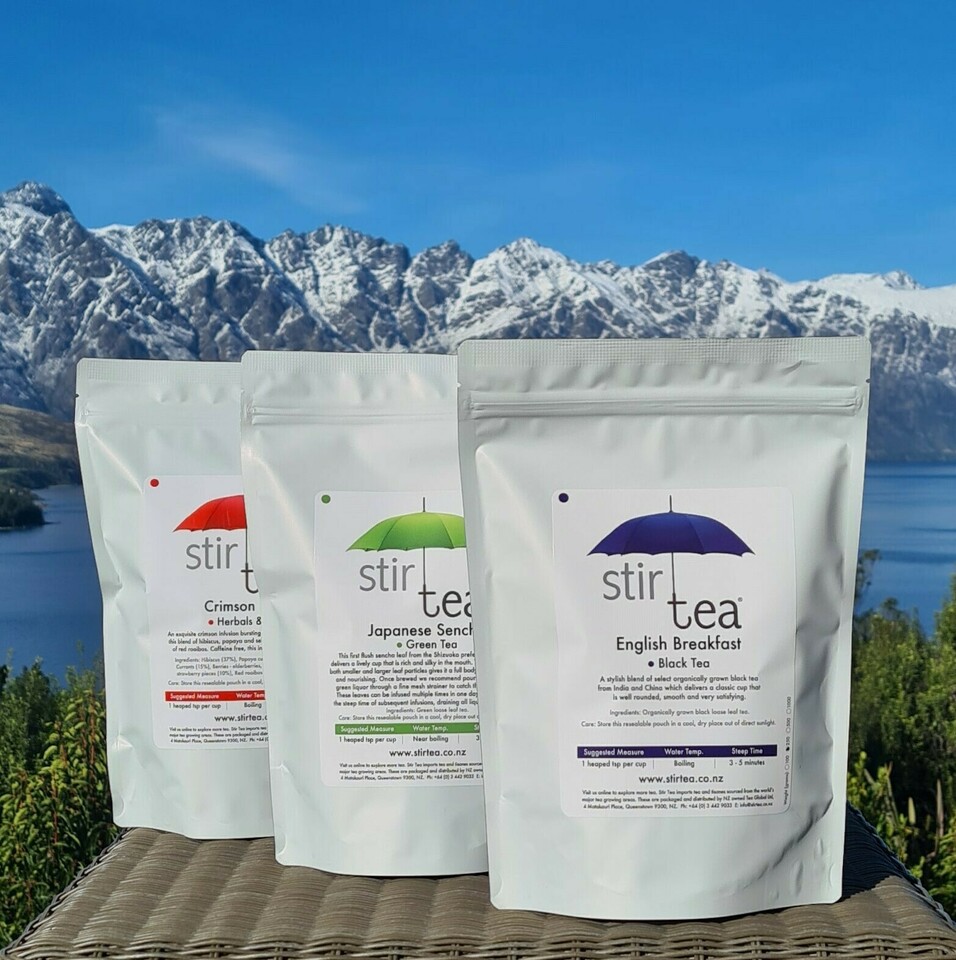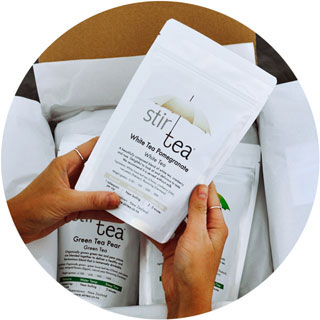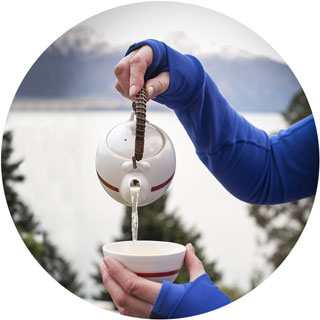This article was written by registered nurse Adam Miller on 29/09/16 and first published in Nursing Times UK. He has kindly allowed us to reproduce it to share with the family of Stir Tea Drinkers, it is written in the context of nursing care but we think it captures the essence of tea beautifully and is a reminder that the gesture of tea can mean so much more than just a beverage. We believe in Adam's Power of Tea that he refers to throughout his article. We hope you enjoy reading it.
****************************************************************************
A cup of tea: something we see as mundane and every-day, but to our patients it can mean an awful lot more, explains staff nurse Adam Miller. From the first to the last day of my training, I was reminded of how important a simple cup of tea can be and now I find myself reminding my own students about The Power of Tea.
Put simply: tea is the perfect way to open up a dialogue with somebody.
It can be used as a comforter for a patient who has just received devastating news, it's an excuse to sit with them and an opportunity to discuss how they are feeling.
"The offer of a drink, even if refused, affirms that they are at the centre and in control of their care"
I know on busy wards sometimes there just isn't time, but when you do get the chance it really strengthens the trust your patient can have in you and sets in place the nurse-patient relationship.
The offer of a drink, even if refused, affirms that they are at the centre and in control of their care.
For me, this really started to ring true one night shift.
My patient was in a side room and approaching end-of-life care, they were fully conscious and unable to sleep. Their family couldn't stay with them and their distress was evident.
I made them a cup of tea and sat with them discussing their life and their fears for several hours. From this conversation, I learnt that they'd like music to be played when they were unconscious and close to death. Before I left in the morning I checked in and they thanked me and said: "I hope you are looking after me and my family when I die."
This patient rapidly deteriorated during the day and passed away the following night under my care.
"There have been times when I've found it difficult to know what to say to relatives when a patient dies"
I've also found offering tea to be helpful when caring for patients' families, especially when their relative is close to death.
Bringing in a pot of tea, biscuits, and a few sandwiches can mean that someone can spend those last precious moments of their relative's life together and with a sense of normality.
There have been times when I've found it difficult to know what to say to relatives when a patient dies, but I've found the simple offer of a cup of tea, when appropriate and after offering my condolences, really helped me to get over my fear as well as putting the family at ease. The family of the dying person may not remember your name a few years down the line, but they will certainly remember how they and their loved one were treated and that simple cup of tea can go a long way of setting a good impression in motion.
The Power of Tea also extends to how you treat your colleagues as well as your patients. They are one of your biggest support systems, as are you to them. I've found that in times of stress and tension the simple offer of a cup of tea can make someone feel appreciated, cared for and can foster a sense of teamwork.
Sitting with a cup of tea with a colleague post shift to discuss a busy day can also be very therapeutic!
Finally, I leave you with this: look after your patients and work colleagues as you would like to be cared for. And don't forget to believe in The Power of Tea.
Adam Miller, Registered Nurse, Ireland
Written by registered nurse Adam Miller on 29/09/16 and first published in Nursing Times UK. Kindly reproduced with his permission to share with the family of Stir Tea Drinkers. Thanks Adam for this beautiful insight.







